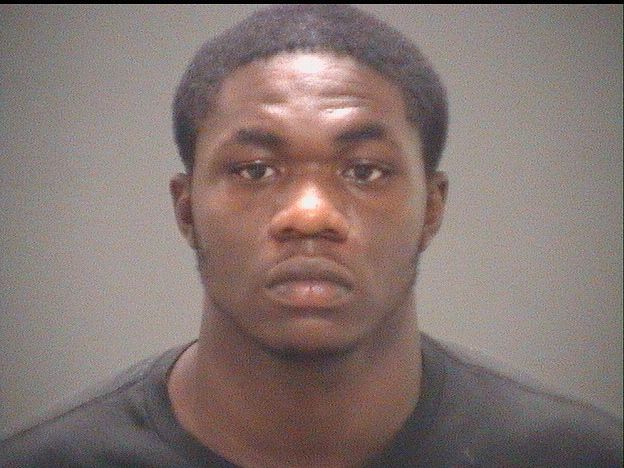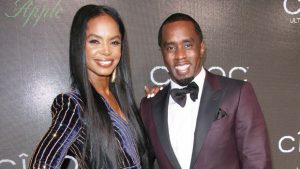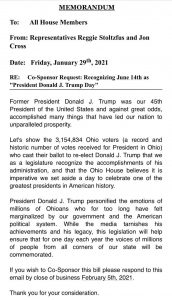WILMINGTON, Del. — Democratic presidential candidate Joe Biden stressed the need for governmental transparency and reliance on science during the creation of a COVID-19 vaccine, saying he does not trust that the president won’t rush production in the leadup to the election.
“Let me be clear: I trust vaccines, I trust scientists, but I don’t trust Donald Trump, and at this moment, the American people can’t, either.” Biden said during his address.
Biden delivered his remarks in Delaware on Wednesday after meeting with former Surgeon General Vivek Murthy and six other experts who advised the former vice president on how to deal with the ongoing coronavirus pandemic.
“Scientific breakthroughs don’t care about calendars any more than the virus does. They certainly don’t adhere to election cycles. And their timing, their approval, and their distribution should never, ever be distorted by political considerations,” Biden said.
During an ABC News town hall on Tuesday night, Trump said that a vaccine could be ready within four weeks, stoking fears that his administration is rushing a vaccine for political reasons. He also suggested, without proof, that the coronavirus pandemic “would go away without the vaccine.”
But Biden said that the president’s proven disregard for science means a vaccine will require extra levels of vetting.
The former vice president delineated three questions he says the president must answer in order for Americans to have confidence in a potential vaccine. Biden wants to know what criteria will be used to ensure a vaccine meets safety standards; What group will enforce said standards; and how the administration plans to ensure the distribution of the vaccine is safe and without favoritism.
Should the administration answer all of these questions, Biden said, he would consider the vaccine safe.
“It’s a simple proposition: If a vaccine is ready to go, it should be totally transparent the basis upon which the decision is made,” he said.
Biden added that he would implement a national strategy to lessen the spread of the coronavirus on his first day in office should he be elected, stressing that he still sees the need for a national mask mandate.
“I would go to every governor, and I’d go to governors relating to Republican and Democratic governors and I’d say, we have to have this national mandate,” Biden said. Should the governors not comply, Biden said he would sign an executive order to implement the mandate should he have the authority to do so.
“Our legal team thinks I can do that based upon the degree to which there’s a crisis in those states, and how bad things are for the country. And if we don’t do it what happens,” Biden said of signing an executive order.
Biden’s address came hours after the government outlined a sweeping plan to make vaccines for COVID-19 available for free to all Americans, assuming a safe and effective shot is developed.
When asked, Biden said he didn’t have a chance to read the current administration’s entire plan, but if elected he would ensure that experts had a say in a final rollout.
In a report to Congress and an accompanying “playbook” for states and localities, federal health agencies and the Defense Department sketched out complex plans for a vaccination campaign to begin gradually in January or even late this year, eventually ramping up to reach any American who wants a shot. The Pentagon would be involved with the distribution of vaccines, but civilian health workers would be the ones giving shots.
The whole enterprise faces remaining skepticism. Only about half of Americans said they’d get vaccinated in an Associated Press-NORC poll taken in May. Since then, questions have only mounted about whether the government is trying to rush treatments and vaccines to help President Donald Trump’s re-election chances.
On Wednesday, the Health and Human Services Department announced that political appointee Michael Caputo would take a leave of absence. The news followed revelations that the senior communications official had tried to gain editorial control over scientific publications on COVID-19 by the Centers for Disease Control and Prevention, which he contended were hurting the Trump administration.
The director of the CDC, Dr. Robert Redfield, responding Wednesday before Senate lawmakers, rejected questions over whether the government’s timeline for states to be ready for a vaccine by Nov. 1 was politically motivated.
Redfield told the Senate Appropriations Committee that the “scientific integrity” of his agency’s output “has not been compromised, and it will not be compromised under my watch.”
He said he was “deeply saddened” by Caputo’s accusations that CDC staff were working as a “resistance unit” against the administration.
Sen. Patty Murray of Washington, the committee’s top Democrat, said political interference had damaged public trust in the government’s health information.
“The Trump administration needs to leave the science to the scientists immediately,” Murray said.
Although Trump asserted Tuesday that a vaccine could be available in as little as four weeks away, Redfield made clear to Congress that any version available this year would be in “very limited supply.” The shot wouldn’t be broadly available to most of the U.S. population until the summer of 2021, he estimated.
The President is delivering remarks from the White House on Wednesday evening.
The Associated Press contributed to this report.




